Project Proposal
Empowering Women in Pakistan’s Agricultural Sector for Sustainable Development
Pakistan’s agricultural sector plays a crucial role in the country’s economy, employing a large portion of the population. However, women in the sector face numerous challenges that hinder their full potential and contributions.
For getting a complete proposal you can contact us at
Contact: gdn100@gmail.com / What’s App Us:+923082792040 and pay the price of your desired project.
Product Description
1. Introduction:
Pakistan’s agricultural sector plays a crucial role in the country’s economy, employing a large portion of the population. However, women in the sector face numerous challenges that hinder their full potential and contributions. This project aims to empower women in Pakistan’s agricultural sector by providing them with the necessary support and resources to enhance their productivity, income, and overall well-being.
2. Objectives:
– Increase women’s access to training and capacity building opportunities in sustainable agriculture and modern farming techniques.
– Improve women’s access to essential inputs, resources, and financial services for enhanced agricultural productivity.
– Promote the use of information and communication technology to provide access to agricultural extension services for women farmers.
– Facilitate women’s ownership and control over assets, such as land and livestock.
– Raise awareness and advocate for gender-responsive policies and programs in the agricultural sector.
3. Activities:
a. Training and Capacity Building:
– Conduct workshops and training sessions for women farmers on sustainable farming practices and agricultural extension.
– Establish vocational training programs focusing on agribusiness and value chain development for women.
– Launch farm school programs to improve women’s knowledge and skills in sustainable agriculture.
– Provide educational materials and resources to enhance learning opportunities.
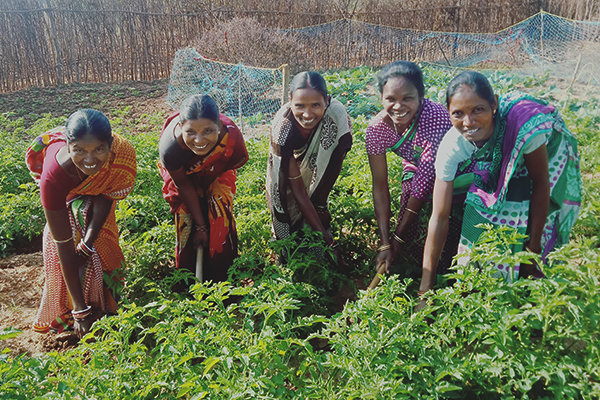
b. Access to Inputs and Resources:
– Subsidize or distribute high-quality seeds, fertilizers, and pesticides to women farmers.
– Establish seed banks and input supply centers in rural areas, ensuring easy access for women.
– Promote the use of organic fertilizers and biopesticides to foster sustainable farming practices.
– Provide farming tools and machinery to enhance women’s productivity.
c. Financial Services and Asset Ownership:
– Create microcredit and loan programs tailored for women farmers.
– Support women-led agricultural cooperatives and producer groups.
– Provide livestock and poultry assets to women farmers to enhance their income and livelihoods.
d. Information and Communication Technology:
– Develop mobile-based agricultural advisory services to reach women farmers in remote areas.
– Create agricultural app and web platforms for women farmers to access information and resources.
– Provide smartphones and internet connectivity to ensure access to relevant information.
e. Research and Monitoring:
– Conduct baseline surveys and impact assessments to evaluate the effectiveness of interventions.
– Research gender-specific challenges in agriculture and develop policy recommendations for gender-responsive interventions.
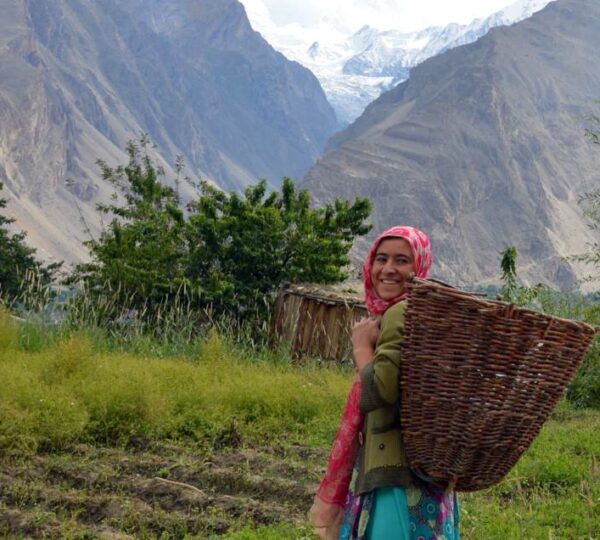
f. Awareness and Advocacy:
– Conduct awareness campaigns to highlight the importance of empowering women in agriculture.
– Advocate for gender-responsive policies and programs in the agricultural sector.
4. Budget:
– Detailed budget analysis and breakdown as per the proposed activities Attached
5. Sustainability:
– Develop partnerships with relevant stakeholders, including government agencies, NGOs, and financial institutions, to ensure long-term sustainability of interventions.
– Promote income-generating activities and market linkages for women farmers to enhance their economic independence.
– Train and empower local women leaders to continue advocating for gender-responsive policies and programs.
6. Monitoring and Evaluation:
– Implement a robust monitoring and evaluation framework to track the progress, impact, and effectiveness of the interventions.
– Regularly assess and document the outcomes, challenges, and lessons learned for ongoing improvement and replication.
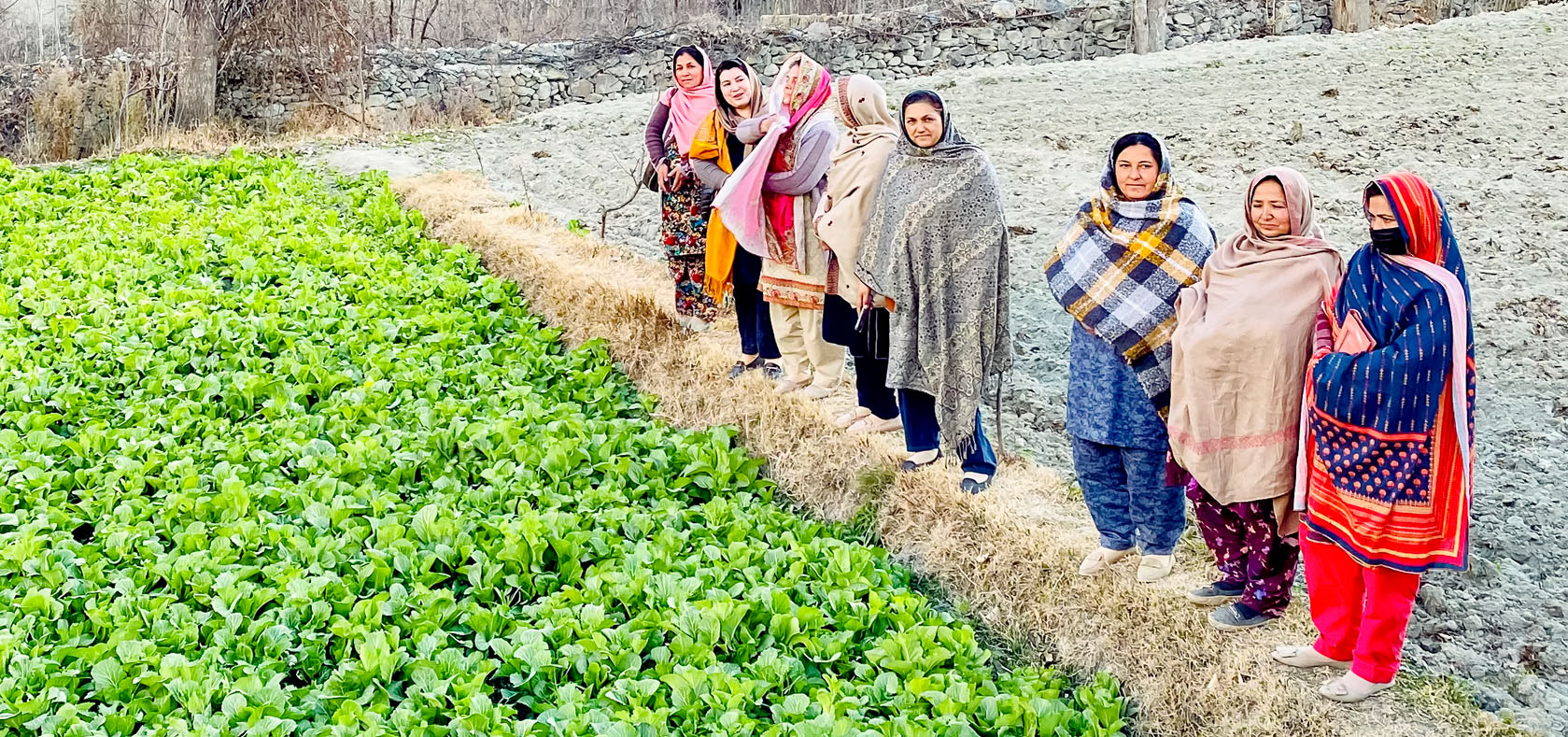
Budget
1. Training and Capacity Building:
– Workshops and training sessions for women farmers on modern farming techniques and agricultural extension: $50,000
– Vocational training programs for women in agribusiness and value chain development: $30,000
– Farm school programs to enhance women’s knowledge and skills in sustainable agriculture: $20,000
– Provision of educational materials and resources: $5,000
2. Access to Inputs and Resources:
– Subsidized or free distribution of high-quality seeds, fertilizers, and pesticides: $60,000
– Establishment of seed banks and input supply centers in rural areas: $40,000
– Promotion of sustainable farming practices through the provision of organic fertilizers and biopesticides: $15,000
– Access to farming tools and machinery: $10,000
3. Financial Services and Asset Ownership:
– Microcredit and loan programs tailored for women farmers: $70,000
– Development of women-led agricultural cooperatives and producer groups: $30,000
– Provision of livestock and poultry assets to women farmers: $20,000
4. Information and Communication Technology:
– Introduction of mobile-based agricultural advisory services: $20,000
– Development of agricultural app and web platforms for women farmers: $15,000
– Provision of smartphones and internet connectivity: $10,000
5. Research and Monitoring:
– Baseline surveys and impact assessments to evaluate the effectiveness of interventions: $40,000
– Research on gender-specific challenges in agriculture and policy recommendations: $20,000
6. Awareness and Advocacy:
– Awareness campaigns on the importance of women’s empowerment in agriculture: $10,000
– Advocacy activities for gender-responsive policies and programs: $5,000
7. Project Management and Administration:
– Project manager: $40,000 annually (x1)
– Administrative costs (10% of direct project costs): $28,500
Total Estimated Budget: $450,500



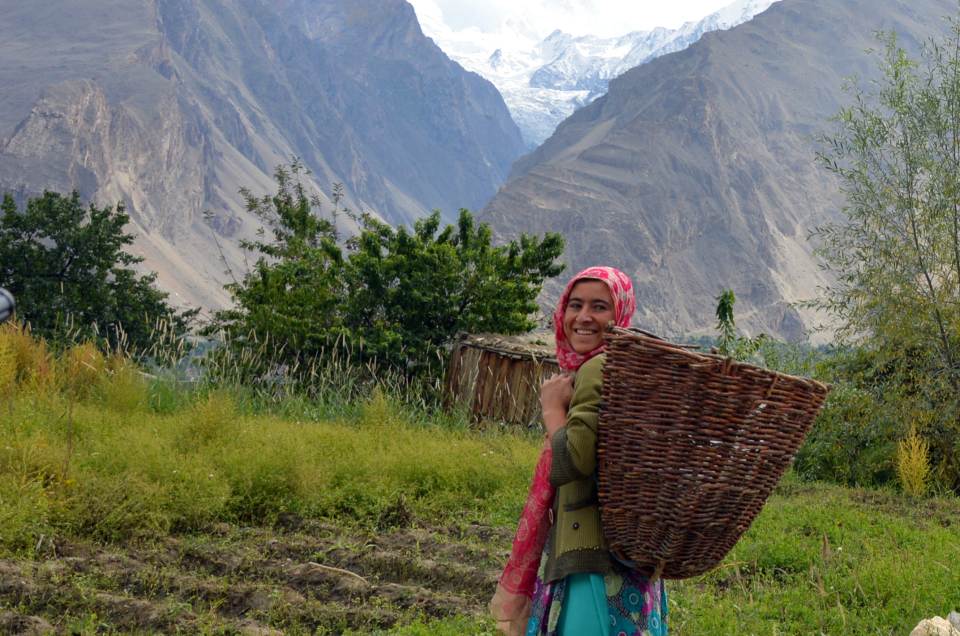





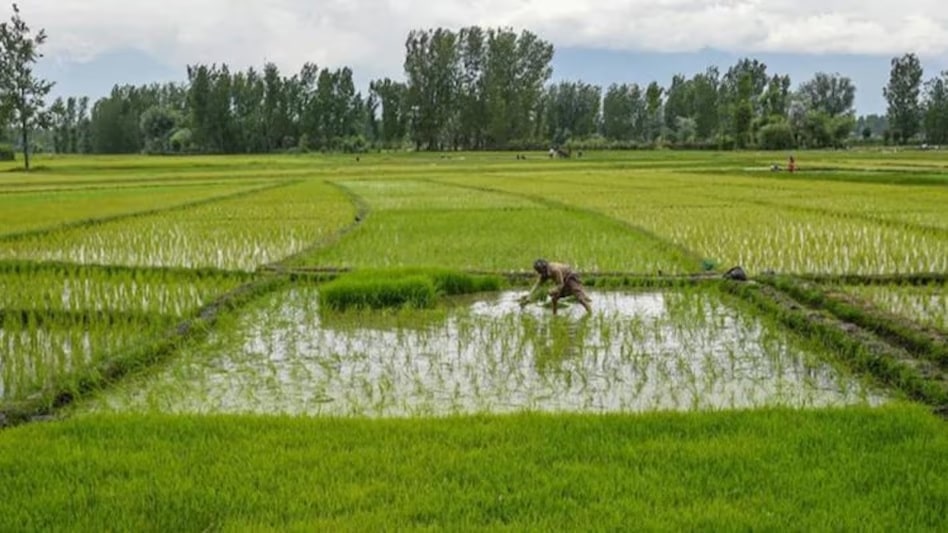
Reviews
There are no reviews yet.